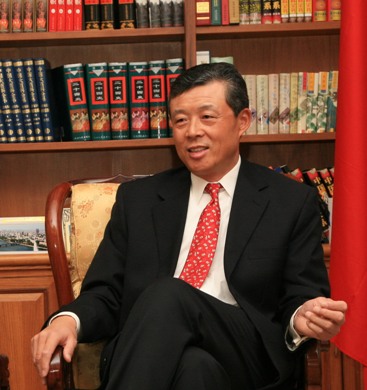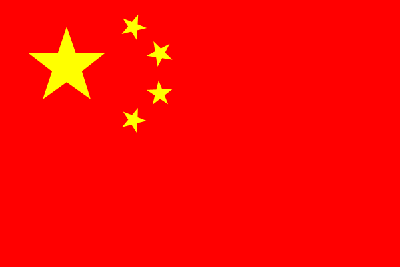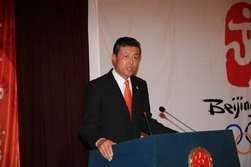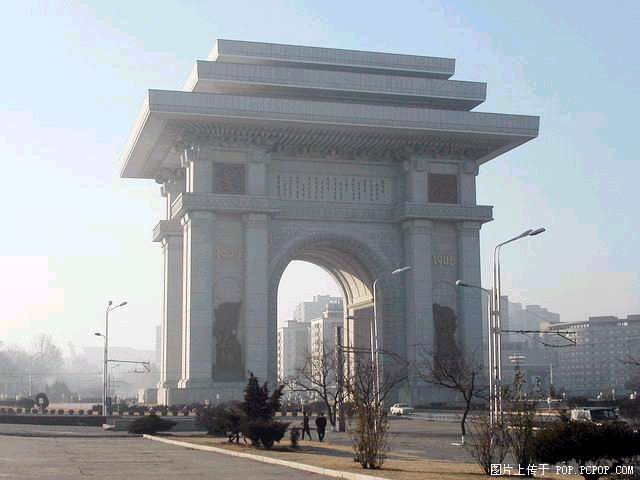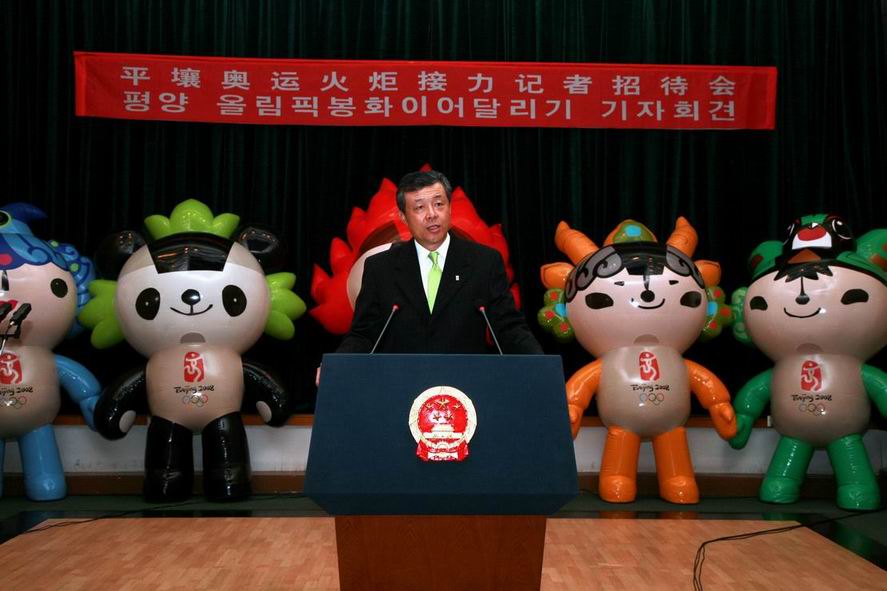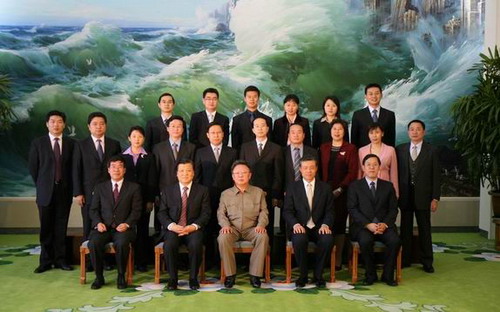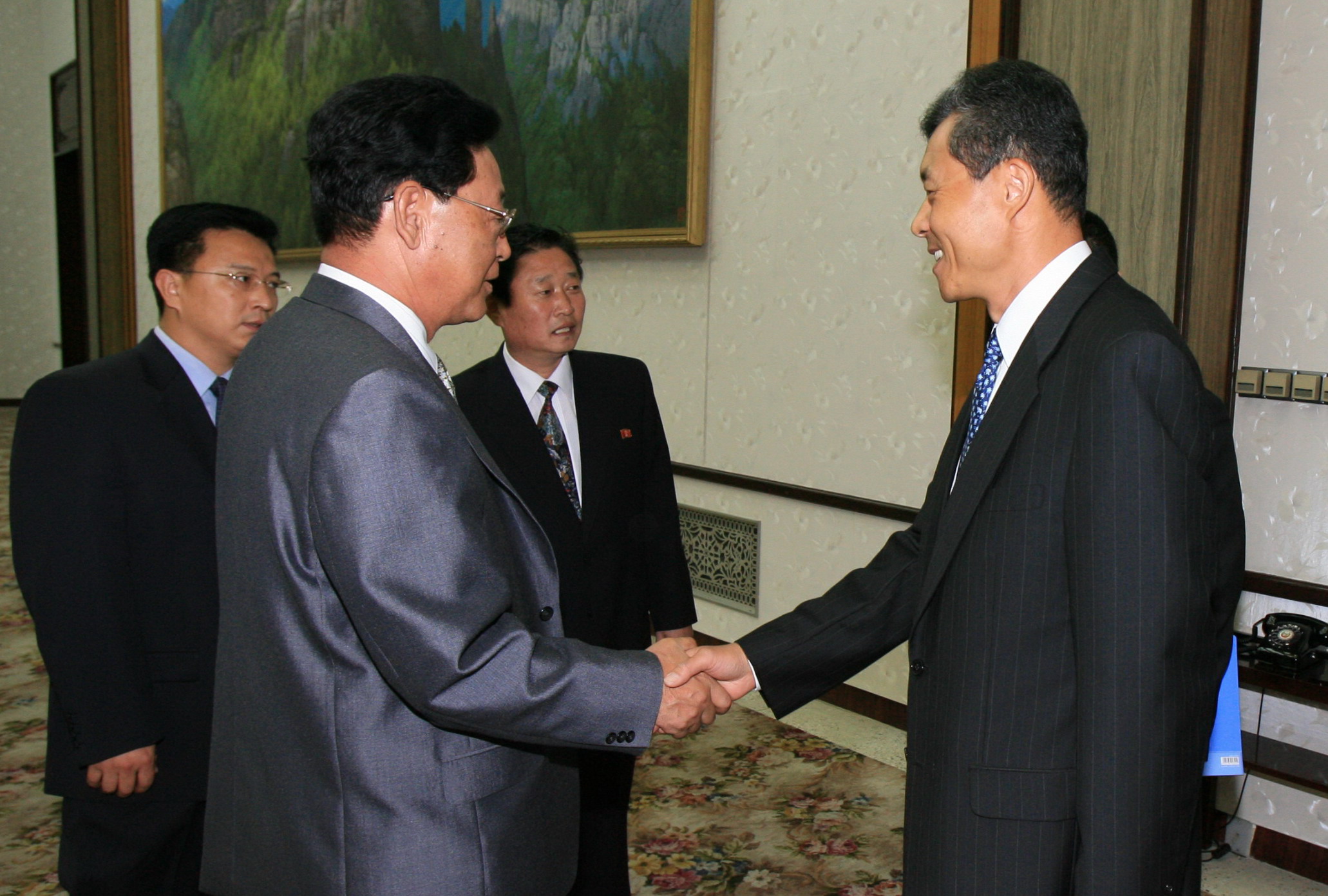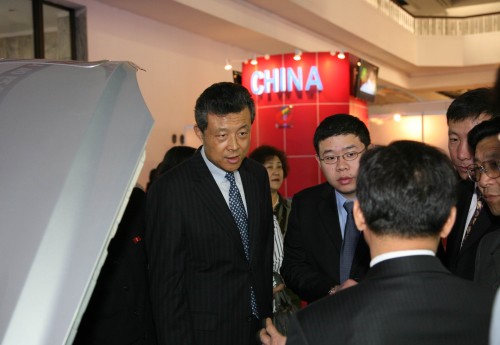SEOUL, Nov. 16 (Xinhua) -- The prime ministers of South Korea and the Democratic People's Republic of Korea (DPRK) wrapped up their three-day talks with signing three agreements, paying a way for closer and extensive cooperation between the two countries.
South Korean Prime Minister Han Duck-soo and his DPRK counterpart Kim Yong-il signed the documents over the outcome of the prime ministerial talks, the first in this case in 15 years, and agreed to have the next round of prime ministerial talks in Pyongyang in the first half of next year.
Under the one of the agreements, South Korea and DPRK will formally launch their cross-border railway cargo service at a 20-km-long segment on Dec. 11, which would be a symbolic event as the inter-Korean railway cargo transportation has been broke off since the 1950-1953 Korean War.
The two sides also agreed to begin to repair together the road from DPRK's southwestern border city of Kaesong to the capital city of Pyongyang, and the railway linking Kaesong with Shinuiju, DPRK's northern gateway to China.
Those steps were widely regarded as a part of the efforts to connect South Korean and DPRK's railway systems to the Trans-Siberian and Trans-China railways.
South Korea, the most advanced ship-building country in the world, will begin to invest into DPRK's shipyards in the first half of next year, the two prime ministers said in a agreement.
the two sides will create a joint fishing area near the disputed sea border in the Yellow Sea and establish a joint economic committee headed by deputy prime ministers to deal with economic cooperation issues.
Following the prime ministerial talks, dozen sets of bilateral talks will be held before the end of this year to discuss inter-Korean cooperation on economic, cultural, humanitarian and environmental issues, such as the tourist program in DPRK's Mount Paetuk, the establishment of a special cooperation zone around DPRK's Haeju city and the transportation of a joint cheering squad of the two sides to the 2008 Beijing Olympic Games.
If all those programs move smoothly, the inter-Korean relations are expected to be promoted to a new level.
South Korean President Roh Moo-hyun highly praised the outcomes of the prime ministerial talks on Friday's luncheon with the visiting DPRK prime minister and stressed the improvement of DPRK's economy through closer inter-Korean economic cooperation would be critical to the national unification.
"Inter-Korean economic cooperation is the best means to accelerate the national unification. Both sides have to remove hostility and work together to create an economically equal relationship. Otherwise, unification will remain far away," Roh said.
In response, Kim Yong-il said that the most important thing for both sides is to faithfully carry out the inter-Korean summit agreements.
"The inter-Korean prime ministerial meeting now under way in Seoul is only the first step towards inter-Korean national prosperity and unification," Kim said.
The inter-Korean prime ministerial talks were held in a bid to make out follow-up measures to agreements reached at October's inter-Korean summit.
Roh visited Pyongyang on Oct. 2-4 and had summit meetings with DPRK top leader Kim Jong-il. The two leaders signed a 10-point joint declaration calling for peace and denuclearization on the Korean Peninsula and suggested to hold prime ministerial and defense ministerial talks in November.
Local analysts said the concrete measures reached at the prime ministerial talks was a major step toward implementing the summit accords in October and maintains a good momentum of inter-Korean dialogue.
The progress in inter-Korean talks will lay the groundwork for the next South Koran government to make the most use of the current trend in inter-Korean relations despite Roh's presidential tenure will expire in February next year, according to government officials.
